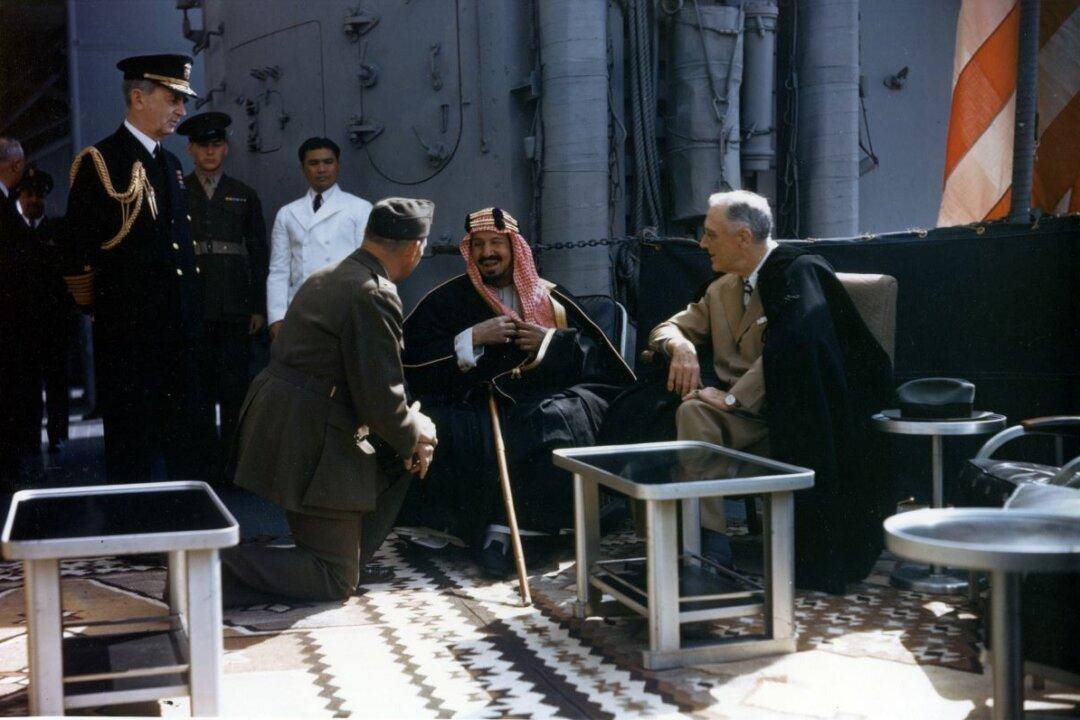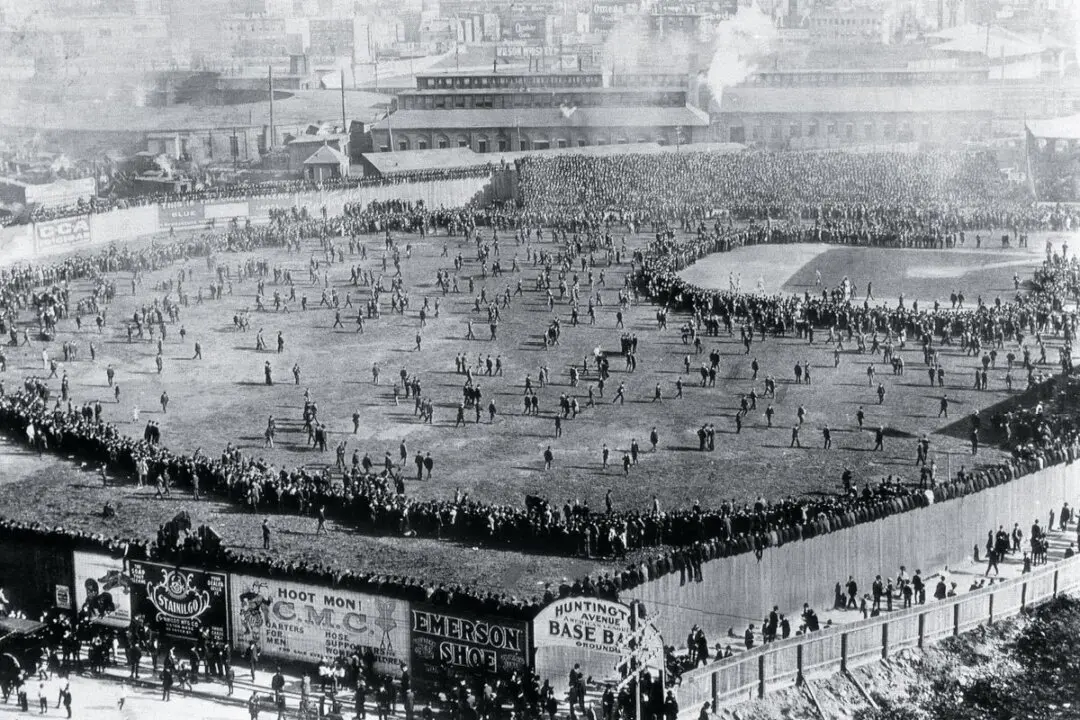John Hurt (1752–1824) was born in Virginia shortly before the start of the French and Indian War (1754–1763). While the colonies were at war with the French and various Native American tribes, Hurt was being maneuvered to a more peaceful lifestyle: the ministry.
On Dec. 21, 1774, Hurt was ordained as a minister of the Episcopal Church. While he had been preparing for the priesthood, the colonies were again in an uproar, this time with those they had fought for in the French and Indian War: the British. An influx of taxes had been imposed on the colonists by King George III and Parliament, giving rise to the colonial protestations of “taxation without representation is tyranny.” A week before his being ordained, colonists had raided Fort William and Mary, absconding with weapons and barrels of gunpowder.






